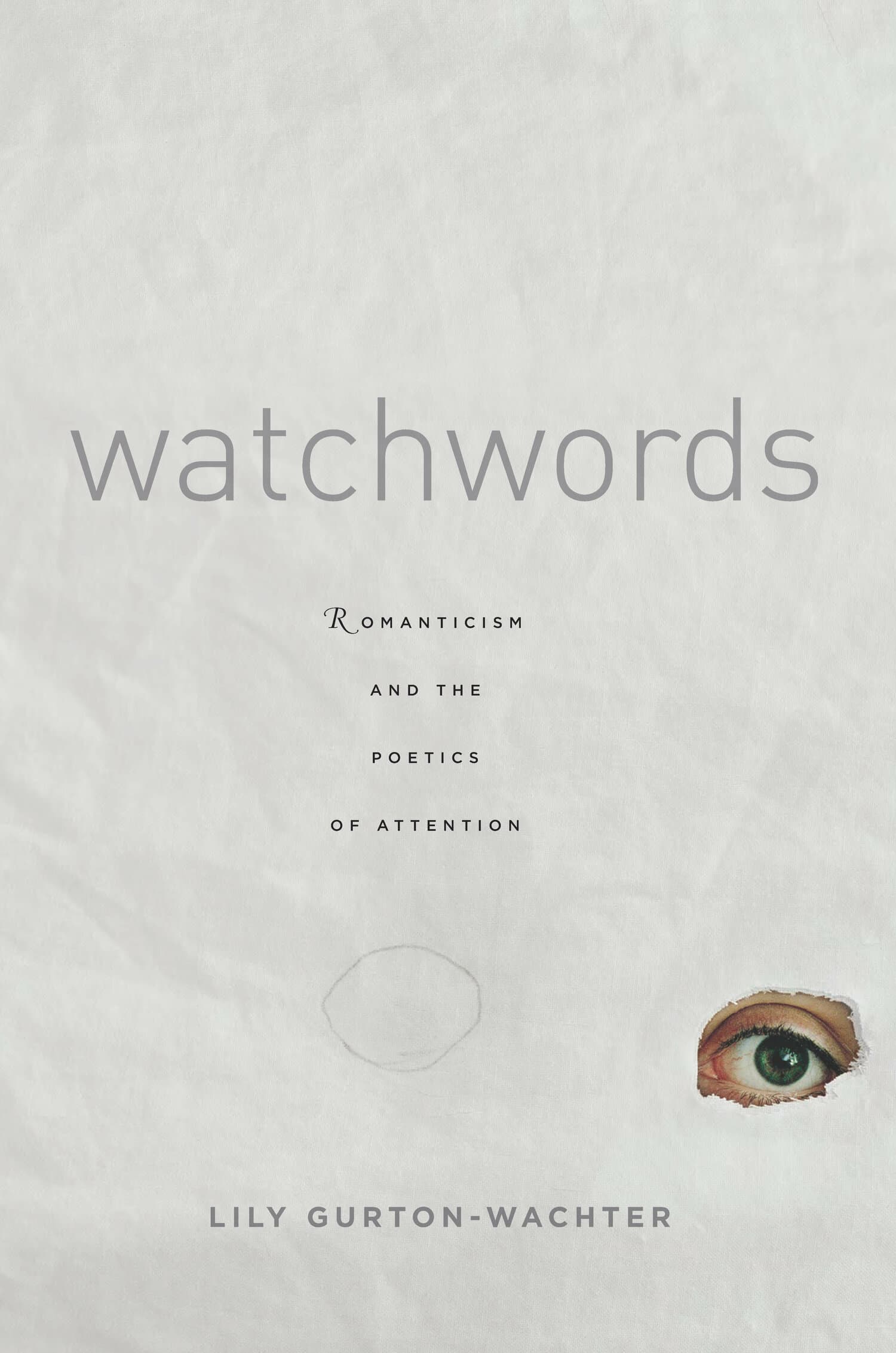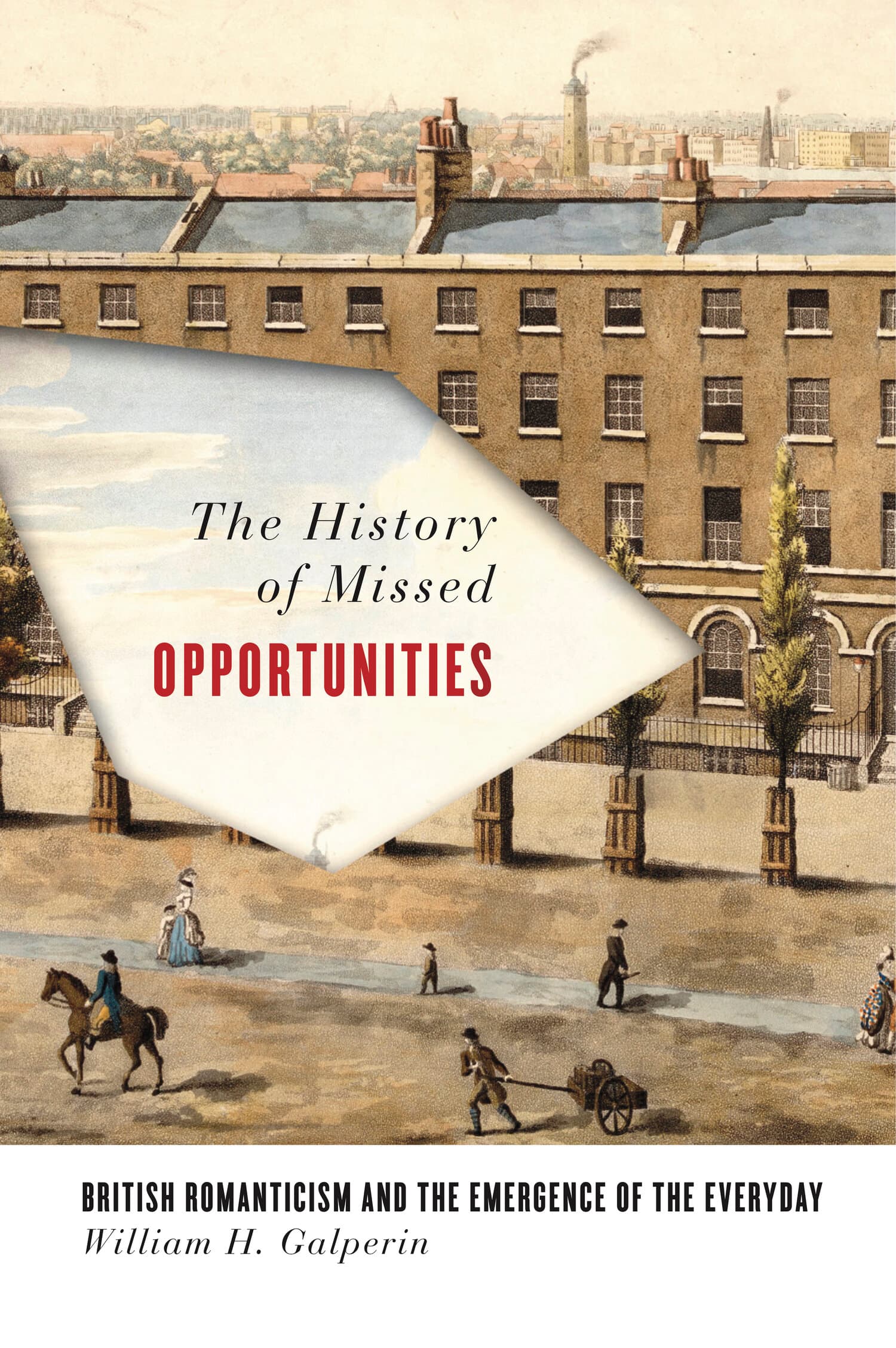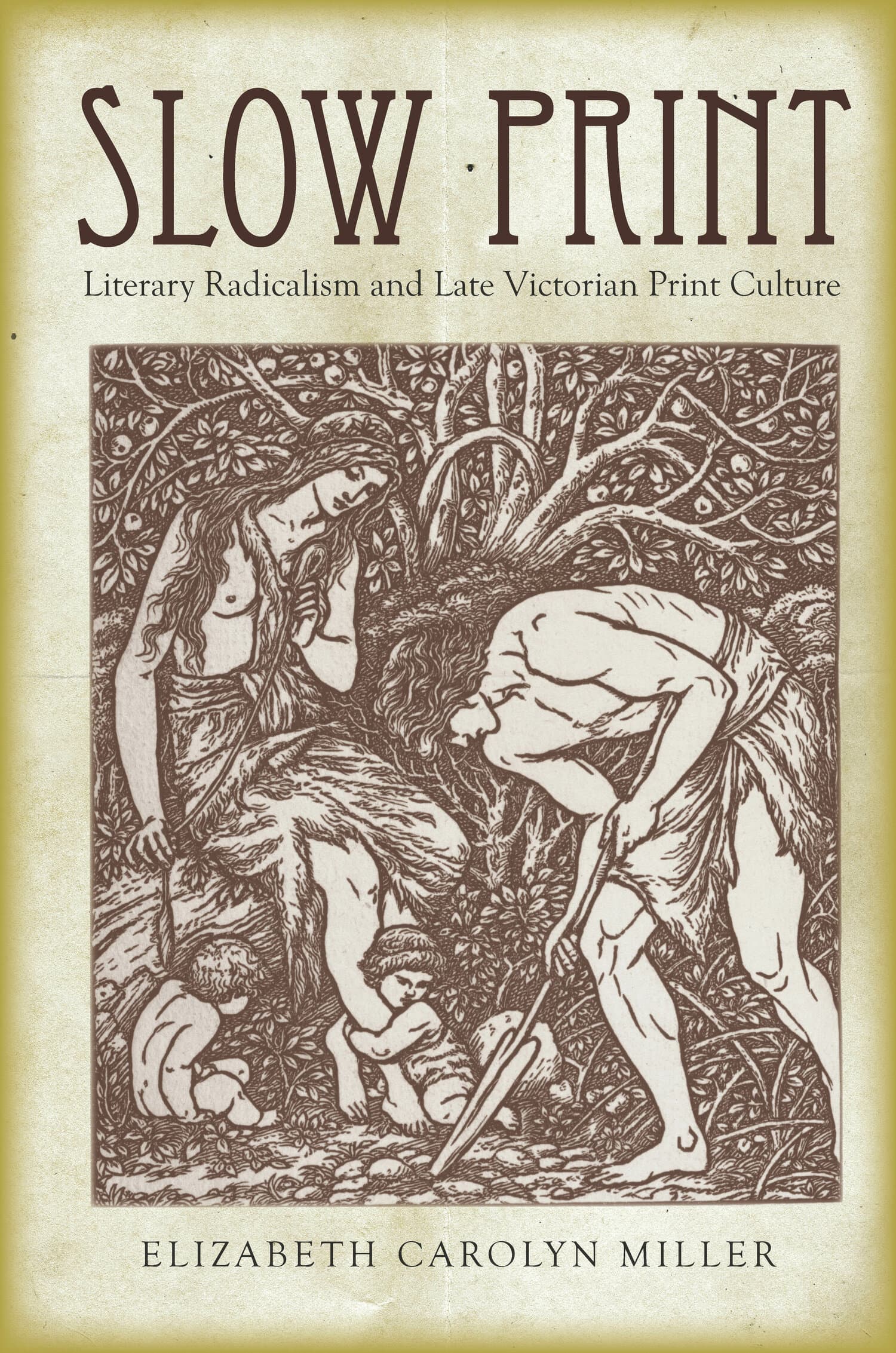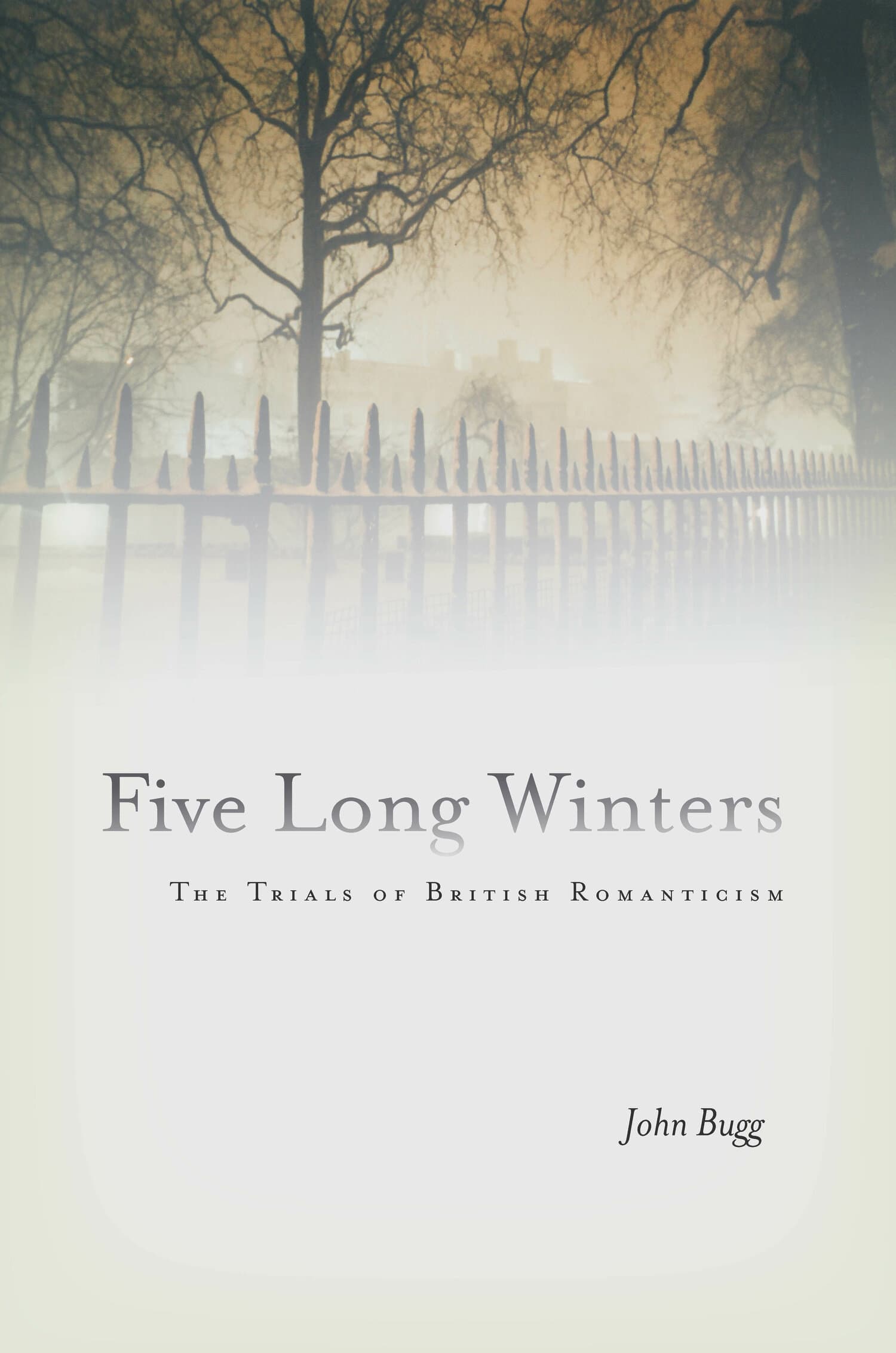Other Englands

Other Englands examines the rise of the early English utopia in the context of emergent capitalism. Above all, it asserts that this literary genre was always already an expression of social crisis and economic transition, a context refracted in the origin stories and imagined geographies common to its early modern form. Beginning with the paradigmatic popular utopias of Thomas More and Francis Bacon but attentive to non-canonical examples from the margins of the tradition, the study charts a shifting and, by the time of the English Revolution, self-critical effort to think communities in dynamic socio-spatial forms.
Arguing that early utopias have been widely misunderstood and maligned as static, finished polities, Sarah Hogan makes the case that utopian literature offered readers and writers a transformational and transitional social imaginary. She shows how a genre associated with imagining systemic alternatives both contested and contributed to the ideological construction of capitalist imperialism. In the early English utopia, she finds both a precursor to the Enlightenment discourse of political economy and another historical perspective on the beginnings and enduring conflicts of global capital.
"Other Englands develops a brilliant account of the ways early modern English literature negotiated a highly fraught moment of political and economic transition. Hogan reads familiar works in exciting new ways and productively expands the canon. Her book is beautifully written, carefully argued, and fully persuasive."—Phillip E. Wegner, University of Florida, Gainesville
"[A] rich and thought-provoking analysis of the interconnections between utopianism and capitalism, which are particularly interesting when considered against the imperial context of that relationship....[All] readers will enjoy its succinct prose and clear, concise organization. This is a highly enjoyable book, which will provide many new insights for scholars of the utopian elements of early modern literature and politics."—Chloë Houston, Renaissance Quarterly
"Hogan's thesis develops in well-argued, well-written, persuasive readings of texts whose ambiguities and paradoxes demonstrate not only the emergence of private and public utopian economies but also the deep and often paradoxical mixture of a traditional commons and the entrepreneur's workspace"—Daniel T. Lochman, Sixteenth Century Journal




